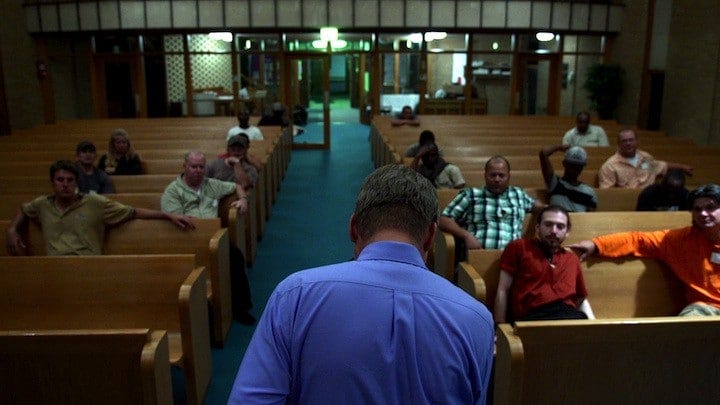‘The Overnighters’ Is a Brilliantly Snowballing Drama of the Human Condition

Small towns are a big deal these days, particularly for documentaries focusing on the disappearance of that part of America. But most of those films are focused on places that are shrinking, where poverty and crime are rampant due to factory shutdowns and other economic causes. The Overnighters shows a different dilemma. Williston, North Dakota, is expe…
Keep reading with a 7-day free trial
Subscribe to Nonfics to keep reading this post and get 7 days of free access to the full post archives.



